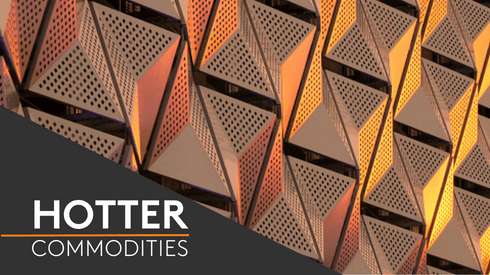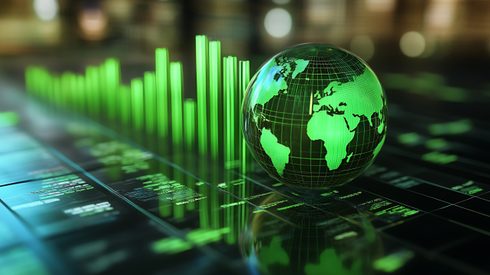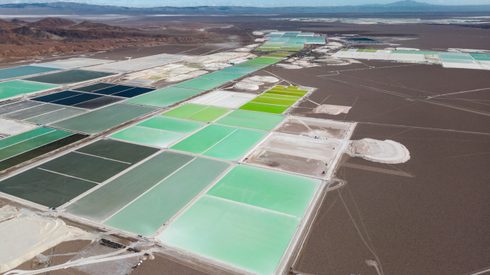Latin American countries have a significant share of the world’s critical energy transition materials, and the extractives sector is key for many economies in the region, according to María José Baptista, Interagency and Intergovernmental Affairs Officer at the United Nations Environment Programme.
The extractives sector makes up roughly 14.6% of Chile’s gross domestic product (GDP) and 64.8% of its exports, while it accounts for around 13% to Peru’s GDP and 63.9% of its exports.
“Even more pertinent with copper than with lithium is the social license to operate. We urgently need to find ways to share profits [from mining in Latin America] because it is a big roadblock,” according to Professor Tom Moerenhout of Columbia University’s Center on Global Energy Policy.
He added: “As we are increasing production that we really need [for the energy transition,] [we need to find a way to do it] in an environmentally and socially sustainable way.”
“The key question is: How can we harness this opportunity to increase [critical mineral production] to think about sustainable development,” Baptista said.
The benefits of trade agreements and the transparency in global commodities markets – especially how prices are established – needs to be enhanced, and technology needs to be used to increase transparency, confidence, sustainability and the competitiveness of these countries, according to Baptista.
“You need to think about creating frameworks that use those rents from mining and try to invest in social and sustainable development needs that that country or local population has. How can you use those to diversify your economy?” she said.
Geopolitical risks vs opportunities
Many countries are concerned that the supply chains for energy transition are concentrated in a handful of countries, according to Baptista.
“China plays a very prominent role, and we see a lot of countries, including the US, trying to see how they can create partnerships to counter that dominance,” she said.
“[China is] a decade ahead of everyone else when it comes to technology, to supply chains, and so forth. When they approach a mineral-rich country, they come with a package: They come with financing, infrastructure; they come and guarantee that the project actually gets delivered,” Mourenhout said.
“But there is one thing that some of these projects don’t have, and that is great social and environmental standards,” he added.
Although the US and Europe have been slow and are behind China in other aspects of mining investments in mineral-rich countries, they can be better involved with the local people and show that they are going to respect higher social and environmental standards, and this in turn, will be in the advantage of those mineral-rich countries, according to Mounrenhout.
Tradeoffs between efficiency and security
Juan Carlos Jobet, Chile’s former minister of energy and mining and dean of School of Business at Universidad Adolfo Ibáñez in Chile, was skeptical about the trend towards deglobalization, which accelerated with the invasion of Ukraine.
‘’I think an integrated global economy is the most efficient way to go,” he said.
He added: “I see there is sometimes a friction between efficiency and security. There is a tradeoff there.”
Jobet said that producing requirements for the energy transition locally could be more expensive, but would secure supply chains and reduce dependence on China “There is a price we pay in efficiency to gain security… I don’t think [producers] can think that way with minerals because they are where they are.”
According to Jobet, the key to ensuring efficient and safe supply chains is diversification, not giving up on globalization.
“Energy transition will be about trade-offs,” said Jobet.
“We need more mining, and however well we do it, we will have some negative impacts to biodiversity. But mining is key to energy transition to stop climate change, which, of course, does and will [negatively] affect biodiversity,” Jobet said.
The first instinct is to try to find a solution to these topics that doesn’t have a cost, but that is not an option, he added.
“We need to be honestly talking about this because otherwise, we pretend that we can change climate change without any costs but that is completely impossible,” Jobet said.
“So, tradeoffs are everywhere in the energy transition and the way to solve them is to be rational, do the math, talk to everybody involved, and have transparency,” he added.
Keep up to date with global market insights and predictions for 2023 and beyond with our NewGen forecasts.






